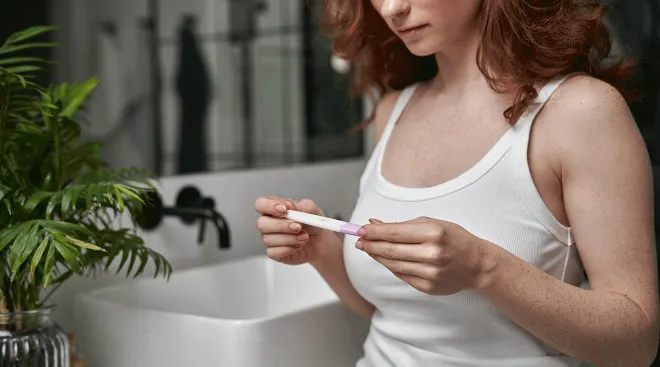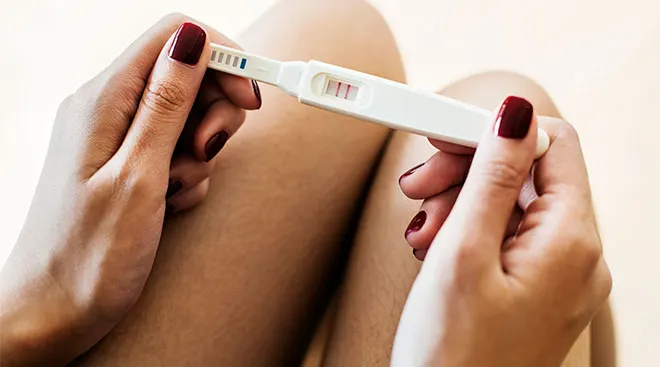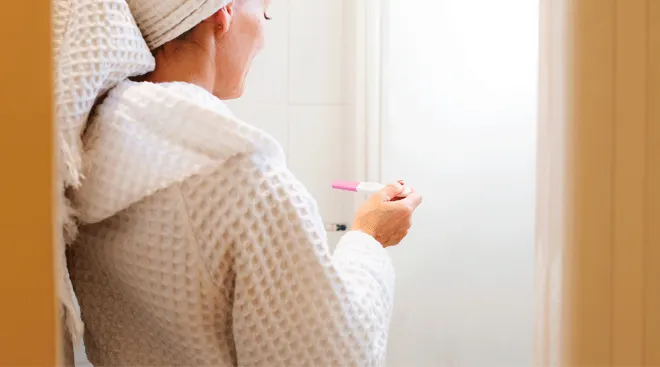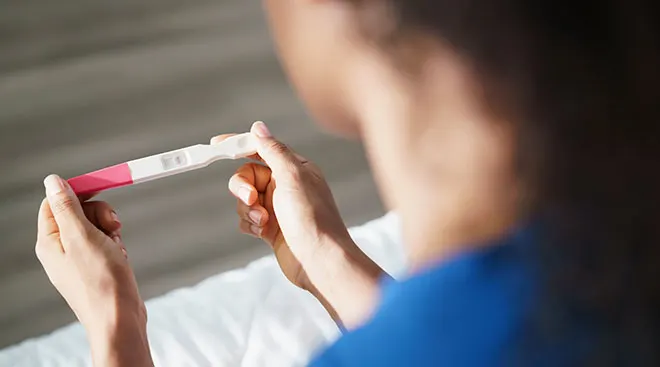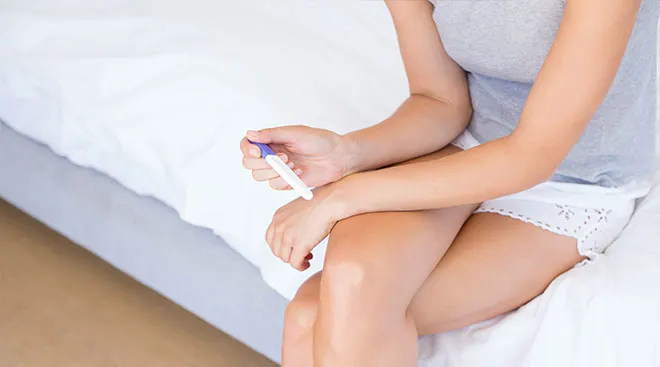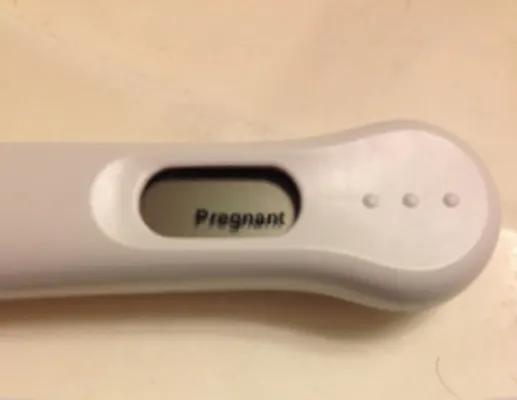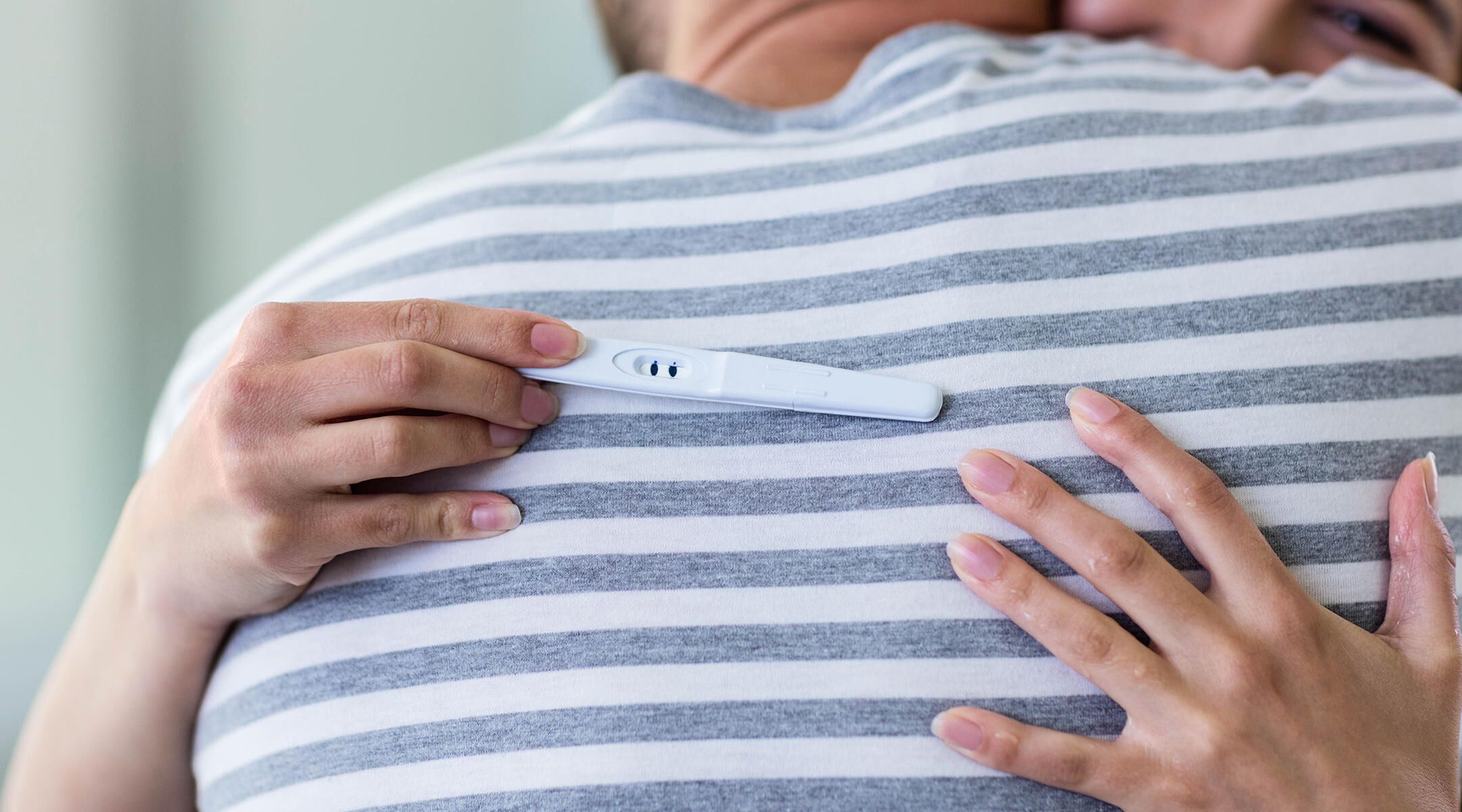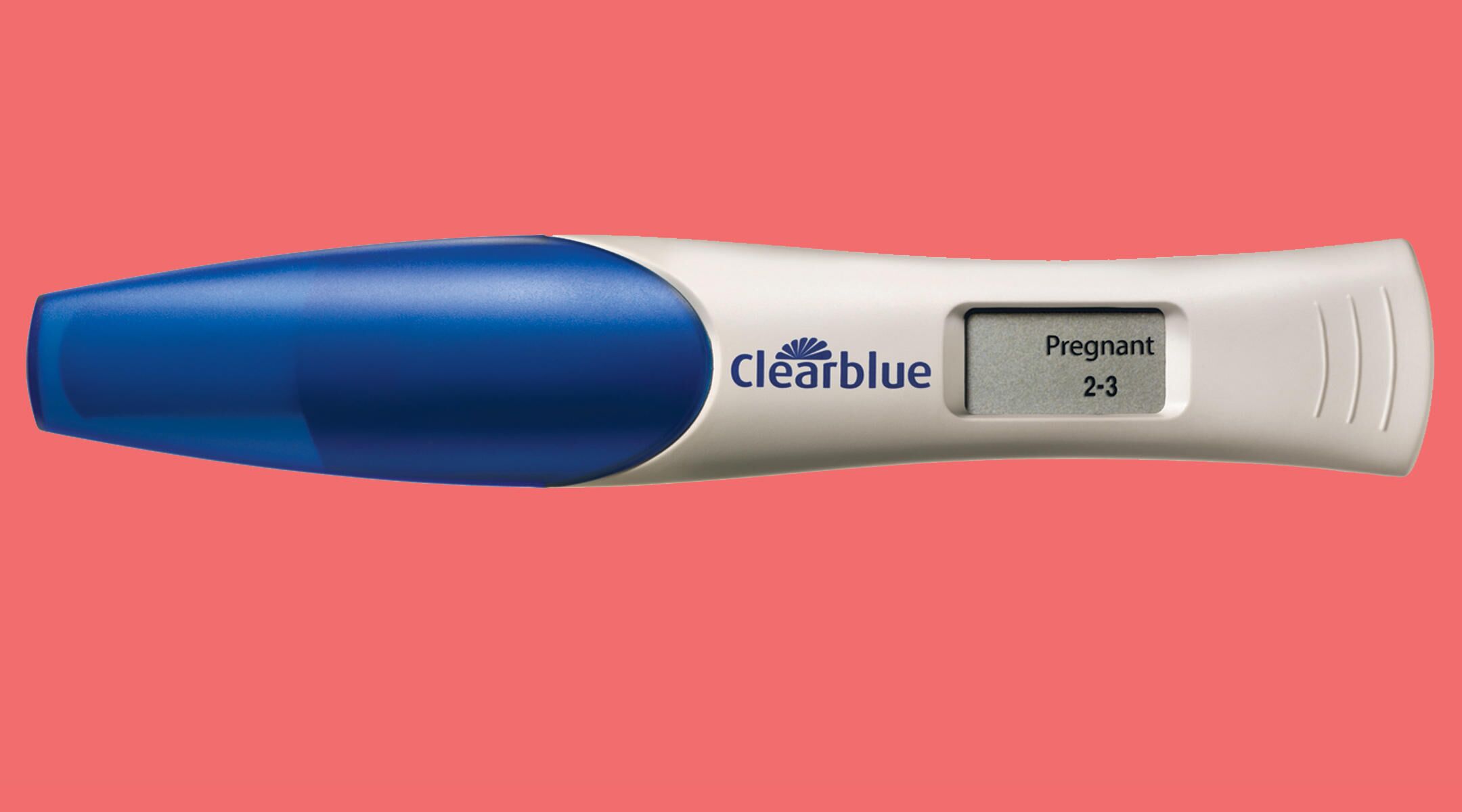Do Homemade Pregnancy Tests Actually Work?
It’s midnight, and you just realized your period is several days late. You want to know if you’re pregnant right now, but it’s too late to run out to the drugstore for a pregnancy test. Should you try a homemade pregnancy test?
Long before scientists discovered human chorionic gonadotropin (hCG)—the pregnancy hormone—women have been making their own pregnancy tests: In ancient Egypt, they’re said to have peed on grains over the course of several days, says Eden Fromberg, DO, an ob-gyn board-certified in integrative holistic medicine and the founder and director of Holistic Gynecology New York. If the peed-on grains sprouted more rapidly, women believed this signaled pregnancy, she adds.
Curious to try a DIY pregnancy test yourself? Keep in mind that most doctors don’t recommend relying on them. But if you want to try one for fun while also testing with a more scientifically accurate method—or just learn more about them—read on.
A homemade pregnancy test uses readily available household items like shampoo, baking soda and sugar to test the urine for pregnancy, says Shefali Shastri, MD, FACOG, clinical director, physician partner, reproductive endocrinologist and fertility specialist at Reproductive Medicine Associates (RMA) in New Jersey. “These products are thought to … result in some sort of chemical reaction or color change signifying a positive pregnancy,” says Shastri. “It’s important to understand that there’s no scientific evidence or research to support the accuracy or relevance of any of the homemade pregnancy tests. These are thought to be urban myths.”
Meleen Chuang, MD, chief of service in Obstetrics and Gynecology at NYU Langone Hospital Brooklyn, agrees. “These DIY tests aren’t scientifically validated and shouldn’t be relied upon for an accurate diagnosis of pregnancy,” she says. “It’s always recommended to use a reliable and validated pregnancy test and consult a healthcare professional for confirmation.” Still, “some people may choose to try them for fun or as a preliminary indication of pregnancy,” she adds.
Unlike a homemade pregnancy test, typical store-bought pregnancy tests—which rely on detecting the hormone hCG using antibodies designed to bind specifically to hCG—claim to be around 99 percent accurate when used after a missed period, says Chuang. But testing at your doctor’s office is still the gold standard: “The tests from the doctor’s office are similar to OTC tests in terms of detecting hCG, but [have] a higher sensitivity level, allowing for earlier detection of pregnancy,” Chuang says. “Your ob-gyn office can send a quantitative measurement of the hCG level by your blood sample, which can be useful in monitoring the progress of pregnancy.”
If you’re still interested in trying a DIY pregnancy test, Chuang lists the following options:
Homemade pregnancy test with toothpaste
Place a small amount of toothpaste on a plate or in a cup, and add a few drops of urine to it. It’s believed that if the toothpaste changes color or froths up, it could be a positive pregnancy result. However, it likely doesn’t work because “the change in color or frothing is likely due to a reaction between the toothpaste and urine, rather than hCG,” Chuang says.
Homemade pregnancy test with sugar
Mix a small amount of sugar with urine in a container. If the sugar clumps, it could indicate pregnancy. But the reaction is likely due to the moisture in the urine and not hCG, notes Chuang.
Homemade pregnancy test with vinegar
Mix urine and vinegar in a container. If it changes color or fizzes, it’s said to be a sign of pregnancy. Again, this is probably not due to hCG, says Chuang—but rather the acidity of the vinegar.
Homemade pregnancy test with soap
After mixing urine with soap, see if the mixture bubbles or froths up. This—you guessed it—could indicate pregnancy. But again, says Chuang, this is quite likely just a chemical reaction.
Again, these homemade pregnancy tests aren’t considered reliable. At best, they’re just for amusement—but at worst, they could cause distress. “Homemade pregnancy tests avoid modern technology, may be perceived as more ‘natural’ and provide a sense of autonomy,” says Fromberg. “However, the only place for them is as a form of entertainment or for fun. I don’t recommend homemade pregnancy tests.” Shastri agrees, noting that “by using validated pregnancy tests, you’ll be saving yourself the anxiety or disappointment that can come from a false positive or false negative homemade test.”
While you might be eager to know whether you’re pregnant right this second, try to get some sleep. It’s worth waiting until the morning for the peace of mind you’ll get from much more accurate results.
Please note: The Bump and the materials and information it contains are not intended to, and do not constitute, medical or other health advice or diagnosis and should not be used as such. You should always consult with a qualified physician or health professional about your specific circumstances.
Plus, more from The Bump:
Meleen Chuang, MD, is the chief of service in Obstetrics and Gynecology at NYU Langone Hospital Brooklyn and a clinical associate professor of obstetrics and gynecology at the NYU Grossman School of Medicine. She earned her medical degree from Stony Brook University School of Medicine in Stony Brook, New York.
Eden Fromberg, DO, FACOOG, ABIHM, is an ob-gyn board-certified in integrative holistic medicine, and the founder and director of Holistic Gynecology New York. She earned her medical degree from Nova Southeastern University of the Health Sciences College of Osteopathic Medicine.
Shefali Shastri, MD, FACOG, is a clinical director, physician partner, reproductive endocrinologist and fertility specialist at Reproductive Medicine Associates (RMA) in New Jersey. She earned her medical degree from Rutgers Robert Wood Johnson Medical School.
Learn how we ensure the accuracy of our content through our editorial and medical review process.
Navigate forward to interact with the calendar and select a date. Press the question mark key to get the keyboard shortcuts for changing dates.


































